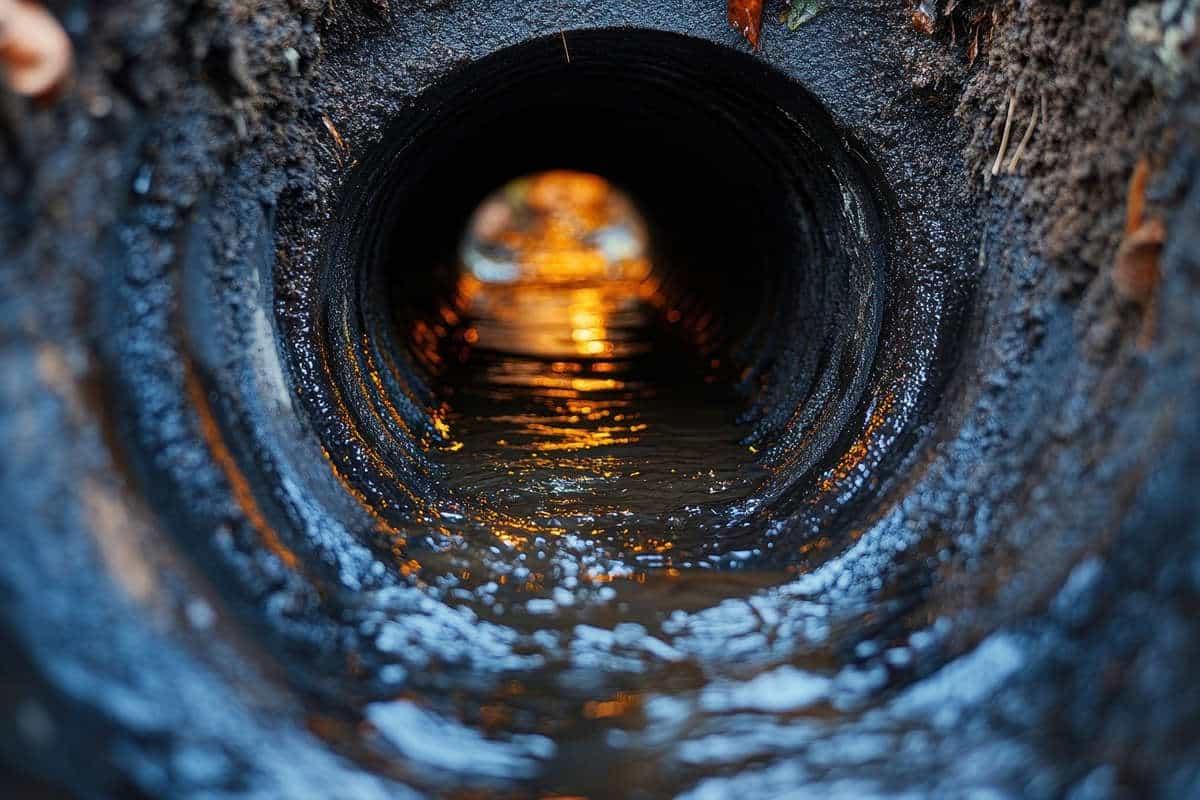The Misinformation of PABs
 The infrastructure community, especially water and wastewater contractors, has been talking about Private Activity Bonds (PABs) for a long time. The industry has supported legislation, candidates and coalitions that promote PABs with the hopes that meaningful reform will be enacted to ease and increase the use of PABs in infrastructure construction. As far back as the 109th Congress (2001-2002), legislation to amend the use of PABs for water and wastewater facilities has been introduced in Congress.
The infrastructure community, especially water and wastewater contractors, has been talking about Private Activity Bonds (PABs) for a long time. The industry has supported legislation, candidates and coalitions that promote PABs with the hopes that meaningful reform will be enacted to ease and increase the use of PABs in infrastructure construction. As far back as the 109th Congress (2001-2002), legislation to amend the use of PABs for water and wastewater facilities has been introduced in Congress.
Common sense dictates that if communities have easier access to capital, they will have greater ability to invest in capital improvements like water and wastewater treatment facilities. Without greater access to financing, communities and municipalities have to make decisions, largely based on political or professional biases, about what projects they should undertake for the good of their community. Unfortunately, underground infrastructure is usually at the bottom of this list of priorities because of the cost and the “out-of-sight, out-of-mind” mentality about our infrastructure.
PABs would help alleviate that concern. Currently, certain types of projects that utilize PABs are subject to a volume cap. This means that the total dollar amount of PABs issued must remain under a certain amount as determined by the IRS based on population. Water and wastewater projects are currently among the least utilized recipients of PAB funds, yet they are among the safest for repayment. By exempting water and wastewater projects from the volume cap, it is more likely that communities will issue PABs for the construction of those projects.
Yet, here we are in 2014 and we are no closer to that goal than we were then. With all the time that has passed, something should have materialized to promote or push PABs forward. Surely the merits of the argument warrant some sort of action on Capitol Hill, but there’s a problem — ignorance.
House Ways and Means Committee Chairman Dave Camp (R-Mich.) recently released his much anticipated tax reform package. In it, the Chairman proposed eliminating PABs entirely. His plan says, “Under the provisions, interest on newly issued PABs would be included in income and thus subject to tax,” and “repeals the interest exclusion for future issuances of ‘private activity bonds’ — bonds that directly benefit private individuals or entities.” The committee is not only scaling back the tax exemption for PABs, but is taking a vital tool to build infrastructure out of the hands of communities and municipalities.
The committee’s justification is this:
The federal government should not subsidize the borrowing costs of private businesses, allowing them to pay lower interest rates, while competitors with similar creditworthiness but that are unable to avail themselves of PABs must pay a higher interest rate on the debt they issue.
With all due respect to the Chairman and his staff, it seems they didn’t do their homework. PABs are not debt issued by the federal government. They are debt issued by state and local governments, chosen by state and local government officials with required public input. The projects that qualify for PAB status maintain some level of public utilization. In the case of water and wastewater facilities, it is impossible to make the argument that those facilities only benefit the private entity who built them. Yet Chairman Camp and his staff seem happy to disregard this obvious public benefit.
Chairman Camp makes it sounds like PABs are being used for private profiteering rather than some level of public service. But what he doesn’t realize is that without PABs, a lot of these public good projects wouldn’t get done; the infrastructure wouldn’t get built and the public wouldn’t benefit from the result of the bonds. Without PABs’ tax exempt status, private industry wouldn’t invest in these projects for public use and America’s infrastructure would fall even further behind. The Congressional Budget Office (CBO) agrees: “In those instances, providing a tax exemption for such investments would be inefficient because the tax exemption would shift resources from taxpayers to private investors without generating any additional public benefits.”
Tax reform should provide certainty for Americans and the business community. Eliminating PABs does neither. Eliminating PABs would eliminate a tool states and localities have for improving conditions for their citizens by decreasing the amount of investment in their infrastructure. Eliminating PABs will also make it more difficult for businesses to compete on the global market because of a lack of and declining accessibility to infrastructure like clean water. Increasing the difficulty for businesses to compete puts them at a disadvantage and makes growing and creating jobs more difficult. Making the creation of jobs more difficult is the exact opposite of what Chairman Camp articulates as his goal with tax reform.
Private Activity Bonds have a proven track record of strengthening America’s infrastructure. Businesses rely on this infrastructure to perform their service or produce their product. Communities rely on PABs to fund the projects they need to benefit their citizens, their communities and their businesses’ tax base. Eliminating PABs is the wrong way to create jobs and strengthen America’s economy.
Will Brown is the Director of Government Affairs for NUCA.




